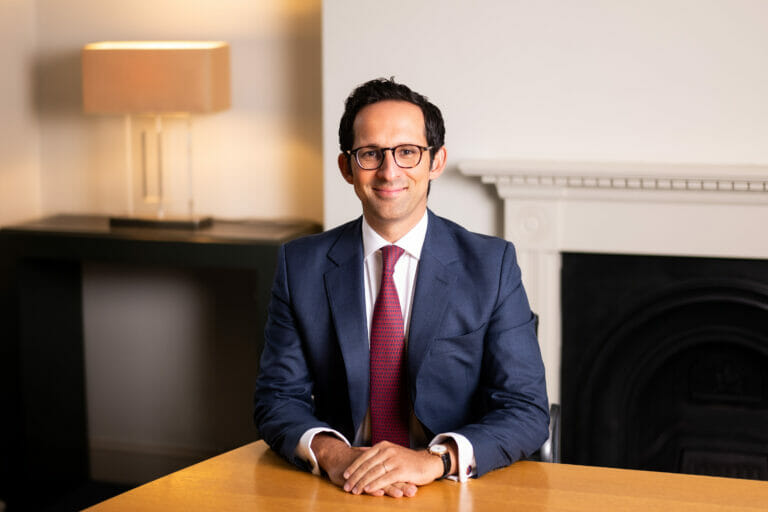Can Yeginsu spoke at the Council of Europe’s 3rd Conference on Democracy and Human Rights
On Thursday 5 May, the 3rd European Conference on Democracy and Human Rights took place in Kristiansand, Norway, hosted by the Council of Europe. Can Yeginsu spoke in his role as the Deputy Chair of the High Level Panel of Legal Experts on Media Freedom, on a panel session entitled: ‘Protecting the European Order: How can we expect rules to be respected when judgments of breaches of these rules are not properly implemented.’
Can stated: “A lot of our work as an independent expert Panel, convened by the 52 member states of the Media Freedom Coalition, is to think about how and what states can do to give effect to their obligations under Article 19 of the ICCPR, by reference to concrete measures. When we are talking about concrete measures, we are talking about implementation. A lot of our work in our first two years has been around turning those obligations on paper into concrete measures that states can take. These are states, of course, that are willing to take steps. We have done work in safe refuge for journalists at risk, enhancing consular protections, putting together an international task force to protect journalists, and of course sanctions against states. The golden thread through all of this work has been implementation.”
Other speakers on this Panel include:
- Keynote Speaker, the Minister for European Affairs of Ireland, Thomas Byrne;
- Assistant Secretary General Thibbaut Bruttin, Reporters Sans Frontières;
- Media Freedom Representative William Horsley, Association of European Journalists;
- Former Prime Minister of Norway and SG of the Council of Europe, Thorbjørn Jagland; and
- Former Judge of the European Court of Human Rights and the Supreme Court of Norway, Erik Møse.
The debate among the panellists considered how to close the implementation gap. Can Yeginsu agreed with statements from Prime Minister Jagland and Judge Møse that the implementation gap is not new. Can commented, “when you look at the jurisprudence of the European Court of Human Rights under Article 18, you will see a great deal of activity in the last decade, and you will see very little activity in the three decades that proceeded. That is a stark sign in the direction of travel in relation to certain states. As the former Prime Minister pointed to, if you have, for example, an order from a court for the release of an individual, and the individual is not released, that is not an implementation gap. That is a crisis for the system. If you start allowing that sort of behaviour, those sorts of red lines to be crossed, that will lead to more states, unfortunately, being willing to cross those red lines.”
Further information about the Conference on Democracy and Human Rights is available here.








